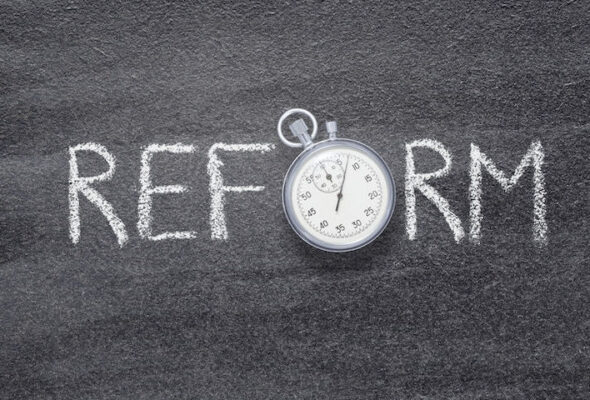Changes In Landlord Rental Tax
At the moment, landlords are able to claim tax relief relating to their mortgage interest payments.
Changes In Landlord Rental Tax
From April 2017, there will be changes in LANDLORD RENTAL TAX and some landlords will find that these changes could have a serious financial impact on them. At the moment, landlords are able to claim tax relief relating to their mortgage interest payments.
As an example, a landlord that receives £10,000 in rental income every year, but pays mortgage interest sums of £9,000 will earn a profit of £1,000. With landlords paying tax on profits with respect to the income tax band they are in, a landlord at the basic rate of taxi in this example would pay £200. A landlord at the 40% rate of taxation would pay £400 and landlords at the 45% rate would pay £450.
Landlord rental tax will changes as of April 2017 and eventually the rate of mortgage interest tax relied available to landlords will be reduced to 20%, which will happen in 2020. The phased process will run as follows:
• 2017/18 – 75% of finance costs which can be deducted from rental income and 25% basic rate tax reduction
• 2018/19 – 50% of finance costs which can be deducted from rental income and 50% basic rate tax reduction
• 2019/20 – 25% of finance costs which can be deducted from rental income and 75% basic rate tax reduction
• 2020/21 – 0% of finance costs which can be deducted from rental income and 100% basic rate tax reduction
With the basic rate of tax standing at 20%, this will be the phase completed.
Some landlords may wonder whether it is in their interest to operate.
The impact of the changes can be seen in the following example. A landlord operating at the higher rate of tax (40%) would have to pay £2,200, which is a significant rise from the £400 they have to pay in the current circumstances.
The changes are calculated as follows, £4,000 (which is the 40% of the £10,000 income) minus £1,800 (which is 20% of the mortgage interest sum), which comes to £2,200.
A landlord on the higher rate of tax (45%) would end up having to pay £2,700 compared to the current figure of £450. This is calculated as £4,500 (45% of the £10,000 income) minus £1,800 (which is 20% of the mortgage interest sum), which comes to £2,700.
A landlord on the basic rate of tax (20%) would end up paying £200 compared to the current figure of £450. This is calculated as £2,000 (20% of the £10,000 income) minus £1,800 (which is 20% of the mortgage interest sum), which works out as £200, which is the same as the current payment. Therefore, the new calculation leaves the tax liability of the basic rate paying landlord as being unchanged, but it is important for landlords to check that they have not been pushed into a higher tax rate banding.
A landlord paying at the higher rate (40%) will find that their returns will be wiped out if the mortgage interest is 75% or higher, of the rental income. For landlords paying at the additional rate (45%), the wipe-out level occurs when the mortgage interest rate hits 68% of the rental income. This means that many landlords will have to consider whether it is worth the time and effort to act as a landlord if their income is going to be taken up by this new taxation. There will still be many landlords who are able to operate but it is vital that all landlords consider their financial status in line with these changes.
Landlords are looking for solutions which minimise impact on them.
Some landlords are looking to get around this taxation impact by setting up a company. This is an option to consider but landlords should be aware that HMRC are likely to consider a transfer of ownership of the property as a sale, which means that there could be capital gains taxation to consider. Another option would be for a landlord to transfer the property ownership to a partner or spouse, who is currently in a lower level of tax banding. However, this will also have capital gains tax implication and there is a need to ensure this switch doesn’t move the partner or spouse to a higher tax band.
Landlords has to deal with stamp duty charge changes and the removal of notional wear and tear deductions in 2016, and it looks as though 2017 will also bring fresh challenges for landlords.
If you have any queries or questions about the above, please don’t hesitate to contact us on 0161 747 7807 – or search our website for LANDLORDS.










